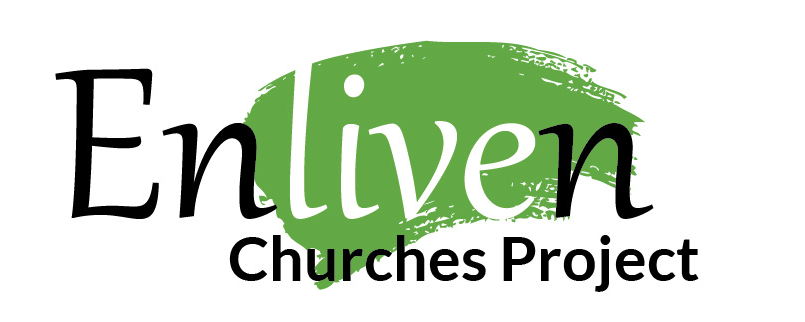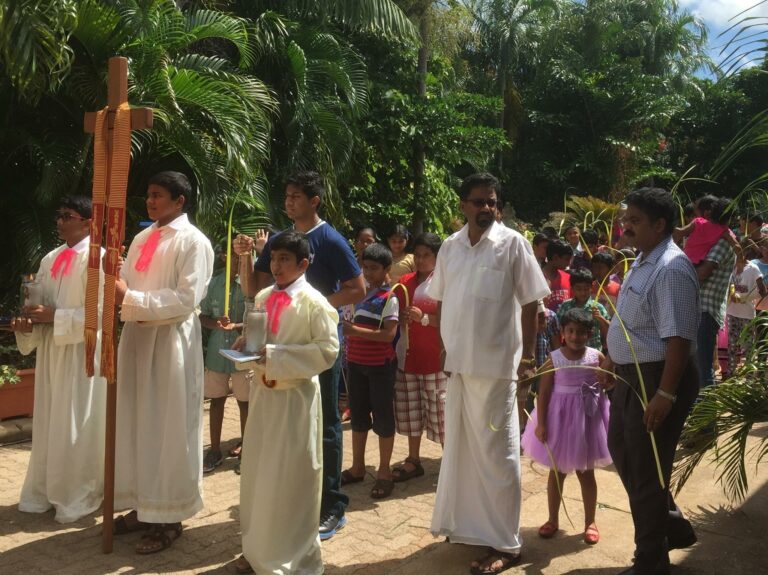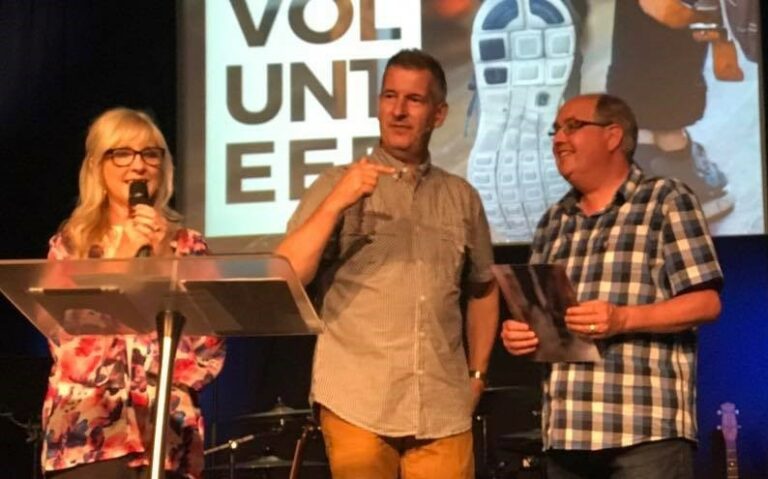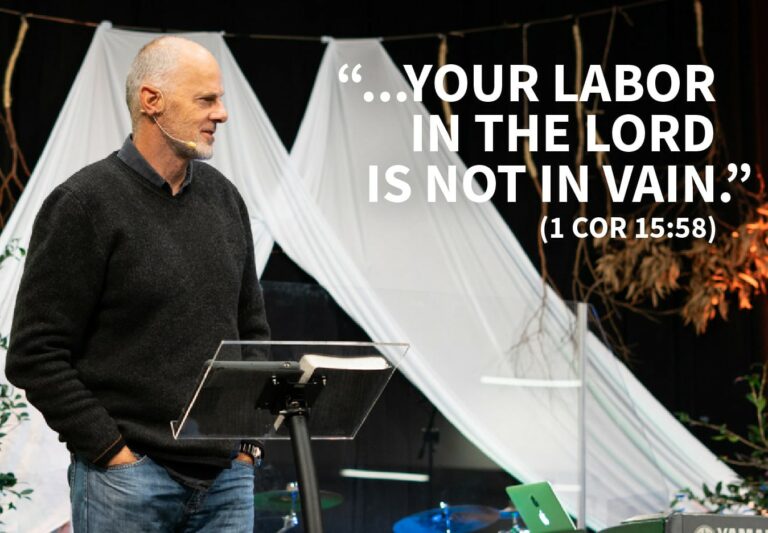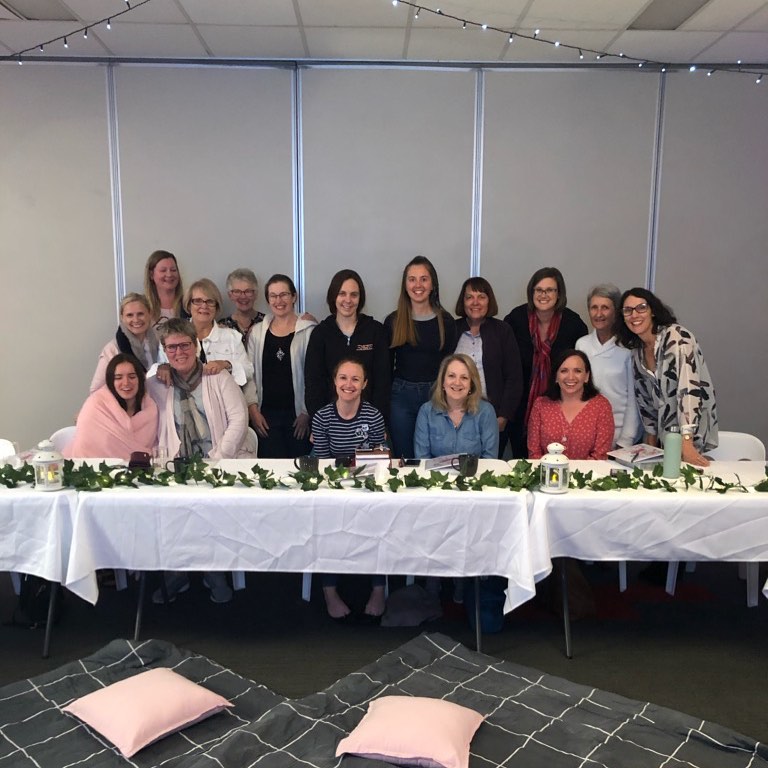Here’s an excerpt from our interview with Werribee Salvation Army, whose leaders Captain Catherine Abram and Captain Phill Abram and their team, build their health and vitality through initiatives such as this.
Read the conversation below.
NCLS: Would you say that there’s been particular actions that church has taken that have contributed to your church flourishing, like programs or activities, or events?
CA: I think it’s more the outreach that happens. Would you say?
PA: Yes
CA: When you look at those that have connected in, they’ve either connected in with their relationship, they’ve connected in with a kids program. It’s through those ways that people have come into the church, it’s relationships and…
PA: More of relationships.
CA: Because we’re fighting against the tide that people just don’t see us as a church,. We’ve grappled with this question so many times as to how do you communicate that the Salvation Army is a church? That we do what we do because of our love for God first before anything else.
It’s a real catch-22 as to how you do that. I guess, one of the things that we’re looking at and that we’ve been looking at this year, is saying, why are we doing this? If we’re disciples of Christ, where does this program fit the church’s purpose?
They did a ministry audit a couple of years ago and the church was just doing so many things. So we keep saying, why are we doing this, why are we doing this program? Because we’re really good at programs in the Salvos. Does this actually bring people into a stepping stone into faith maybe five, ten years down the track? Or are we doing this just because we feel good? We had to do a community lunch, a free lunch for the community, why are we doing it? Is this still the right thing to do? There’s times and seasons. Is what we’re doing with our youth the right thing to do or our kid’s ministry?
NCLS: What, would you say, were you were aligning all of the programs against?
CA: Eventually, we want to be disciples of Jesus. That’s what we’re called to do and that’s what we believe that we’re called to do here. So, how are we going to get people from this point to this point? We know it’s only the spirit of God but what is the framework that we’re working on? That we have to be intentional about it.
PA: And that’s something, because of our experience, that we bring. There’s no process. There wasn’t an articulated process to bring people from meeting at the bus, at the train station getting served a hotdog or whatever it is or a bowl of soup to giving the opportunity to journey into that opportunity for faith in Jesus Christ. We’re just now, what are we up to, ten months in?
Starting to have those conversations. Let’s take church out of the picture for a minute. How do we transfer the journey to Jesus Christ? And that’s where that conversation is… The volunteers, the people who work in the bus space, how do we have those conversations on a Friday night when it’s eight degrees or six degrees or five degrees outside with somebody who’s living rough, like street living?
CA: Because we know it’s only the transforming power of Jesus, we know that, but what are we intentionally doing to fill in that gap? Like if I was to say to Joe Bloggs down the street, hey, you should come to church. And they go, I’m not coming to church. Hey, but I might come to a community dinner or I might get my kids to come to kids club, or I might come down to the community meal. Or, hey, I experienced your kindness because we’ve got a shower and a laundry service out the back.
So, it’s those relationships and constantly saying, what’s the next step for those that they’ve come from the station on a Friday night and they’re now coming to our community meals during the week. I’d say, what’s our next step for those? What’s our framework in which we work on? Some people, they’re not going to move.
PA: They’ll never get past that homelessness state because that’s where they’re comfortable, where they’re happyish.
CA: But I think in encouraging people we need to say, we need to pray. We need to be people of prayer, we need to be praying for those we know. That needs to be the one thing that we can be intentional about those conversations. We can linger with intent. We can be constantly saying, God, show me who I need to talk with. Who is it that is warm to you? And I think it’s just that constant conversation and it’s just who this place is and just reclaim all the time. Who is the next person that I want to walk the journey with and that I can disciple and I can bring?
NCLS: As well as seeing that spiritual progression, is it also a way that you can be sustainable in the amount of things that you do? And to prioritise your resources, as you can’t do everything, so you decide you’re going to do this and this and this?
PA: Yes, and that was done before we got here. They trimmed out Mainly Music. I reckon they trimmed out five or six ministries that they were doing in the 12 months before we arrived.
CA: Auditing and saying, actually this isn’t working. This isn’t working in our context. With Mainly Music for instance, they had all these people treating it as childcare, they were doing family day care for people who wanted it as a babysitter and it just wasn’t working.
PA: Or an entertainment…
CA: They were just expending so much energy in this space and saying, really, there’s not a lot of fruit.
PA: Because it’s actually not the kids’ parents that are here to hear the story, to be connecting with the people from the church that are here, it’s a kid’s carer that just wants an hour or two of downtime. So, the catchment wasn’t right, was it?
CA: Yes. We’ve used mainly music, that’s how we grew our church when we planted. It’s like any program, you have to be intentional about what you’re doing. We decided we were moving away from Mainly Music, but we’ve incorporated Messy Church because it’s a pathway from our Kids’ Club. So, in saying, okay, what are we doing with these kids that come every week to our Kids’ Club and how are we embracing their families?
Once a month, instead of doing Kids’ Club, the families now come and we’re building relationships around a meal and the kids going home singing God songs and impacting the families.
NCLS: If you looked at some of your actions that shifted things, such as encountering God’s presence, the evangelism pathways, and the ministry audit, what do you think motivated your church to take those actions?
PA: Exhaustion and lack of fruit.
CA: Because sometimes we just keep doing the same old, same old and then going, this is actually really tiring, I don’t think God really wants this for us. We’re so exhausted in doing good that we’re not looking for the great and where God is at. We can do great stuff and the Salvos have been really good at doing really good stuff, but it hasn’t always been what God’s wanted them to do. You look at the fruit from it, that something that’s healthy will grow, it’s got that natural health, it’s got those natural nutrients.
Well, if there’s no fruit coming from the tree we have to look and go, is that really what God wants us to do?
